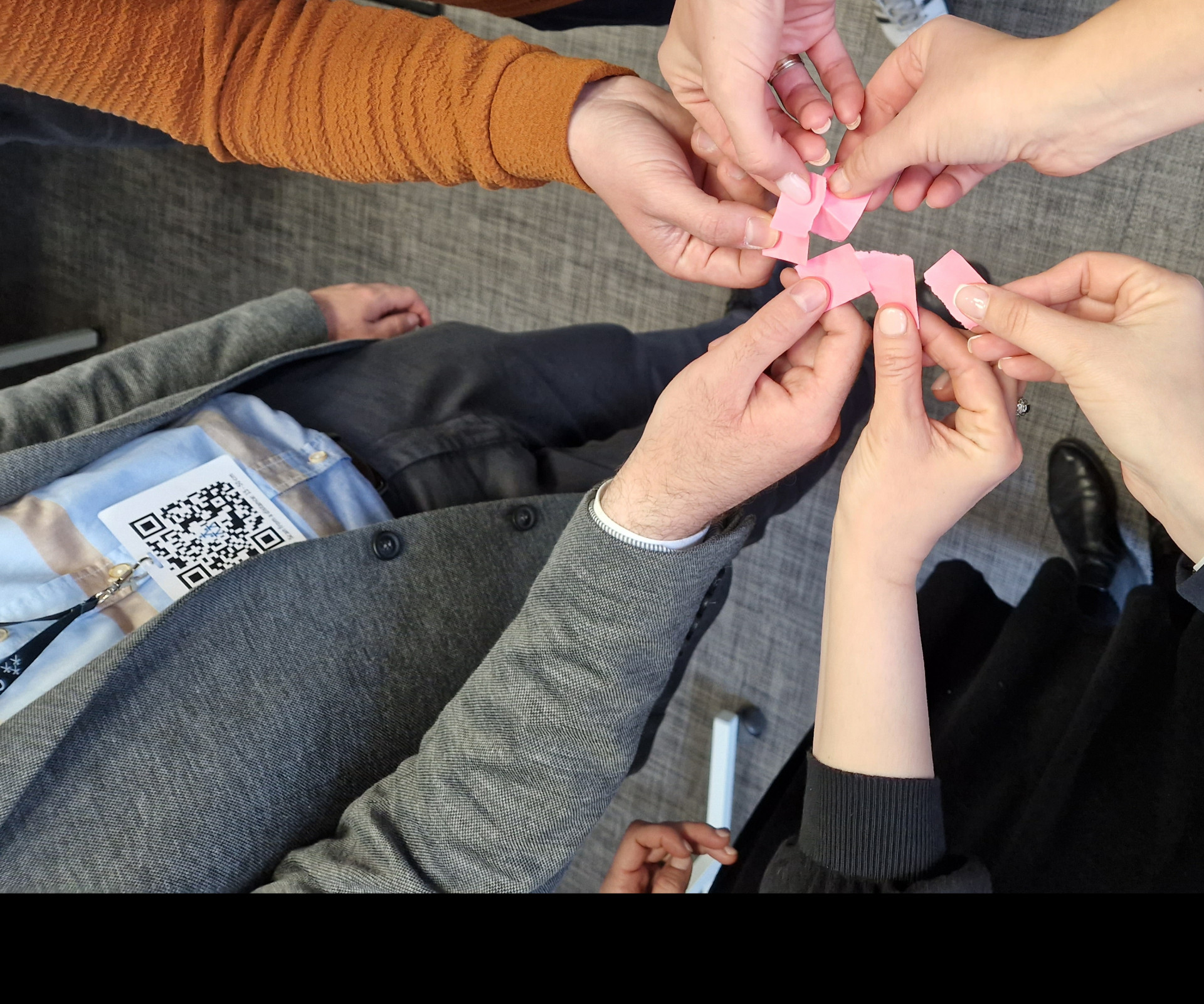Integration of Thoughts, People and Nations
It’s been more than a decade now since my involvement in the EU integration processes, and I can honestly state that it has been a challenging, demanding as well as a rewarding experience. My career has provided me with invaluable knowledge in the IPA Unit of Projects and Integration and as an ERP Coordinator. I have been engaged in internal institutional coordination, ensuring direct links and coordination of efforts with the Ministry of Integration and other line ministries, the full process of approximation of the national legislation to acquis communautaire, dissemination of data pertaining to European integration process among the institutions, as well as the deployment of human resources and planning of activities to offer institutional support to the European integration process.
Throughout these years, I have witnessed how the perception of EU integration has evolved from a vague notion whispered in formal notes and e-mails to countless actors and stakeholders till the present day, when EVERYTHING (at least it feels like it) is related and is carried out for the sake of EU accession and the bright prospect of entering this union.
The mentality of people and the history of how things used to be done were initially not taken into consideration while trying to carry out the activities required. With the passing of time and the monotonous and regular monitoring of reports, attending meetings, drafting guidelines and involvement of the higher-ups in different institutions, agencies or any other stakeholder, it started to dawn in people’s consciousness that this was not just an abstract process, but a practical activity directly related to each and every one of them. It culminated and became more tangible for all parties involved in 2022, when the bilateral meetings began.
Meanwhile, because of the stressed importance of this process, various international organizations and institutions carried out group and individual trainings, addressing the needs and musts of the EU activities, making this process a completely new challenge in many ways. Such training institutions (e.g. CEF, GIZ) proved to be quite helpful in the preparation of large groups of involved actors, civil employees and delegations for the bilateral meetings.
The more the process became pragmatic, sensible and real, the more people saw the gaps and things to be improved. Public institutions especially morphed into learning quarters for an ever-growing number of civil servants, stakeholders, academia and other actors or interested parties.

Certain roles, such as coordinators and focal points, became more prominent due to the required skills and involvement in this process.
- Communication became a serious tool to get things done. Depending on how well one had mastered communication skills, it could either lead to further futile discussions and prolonged talks or push people to deliver the much-needed results. Adaptability of strong and soft language is an aspect of communication, which has served me to seek and obtain information of reports, monitoring and preparing political speeches when dealing with large groups of experts from wide and multiple areas.
- Understanding the limits of how much you can push and get out of each expert or individual is crucial in maintaining long-lasting work relationships while balancing work ethics and requirements.
- Acting naturally without changing your normal behavioral pattern is of great help, as it makes other people feel at ease, thus enabling a more fluent flow of activities.
Since the process seemed formal in nature, you’d think that all you had to do was write a couple of formal notes, send some e-mails, and that’s it. The reality was that most of the time you had to manage people rather than processes. For that, you must develop a hard shell of tolerance toward unruly, disorderly and disruptive individuals who might be resistant to providing information or any other kind of contribution. One way to achieve that is to focus on a small number of objectives and consistently work UNTIL you finalize them. While doing that, you have to disregard all the surrounding noise – comments, inappropriate suggestions, or unread thoughts. In the end, after surpassing the obstacles of work mentality, laziness and unresponsive reports, the tasks will be finished and you will find peace in understanding that the chaotic jumble you had to go through is just another Tuesday and this will be the normality from now on.
With the help of consistency, you will become a spark in changing the way things are done and realize that after all that seemingly small work, the results of that work will bring about the necessary changes – not only in your small work environment but in a larger policy-making process – as part of a domino effect that starts from the base and finalizes at the top.
